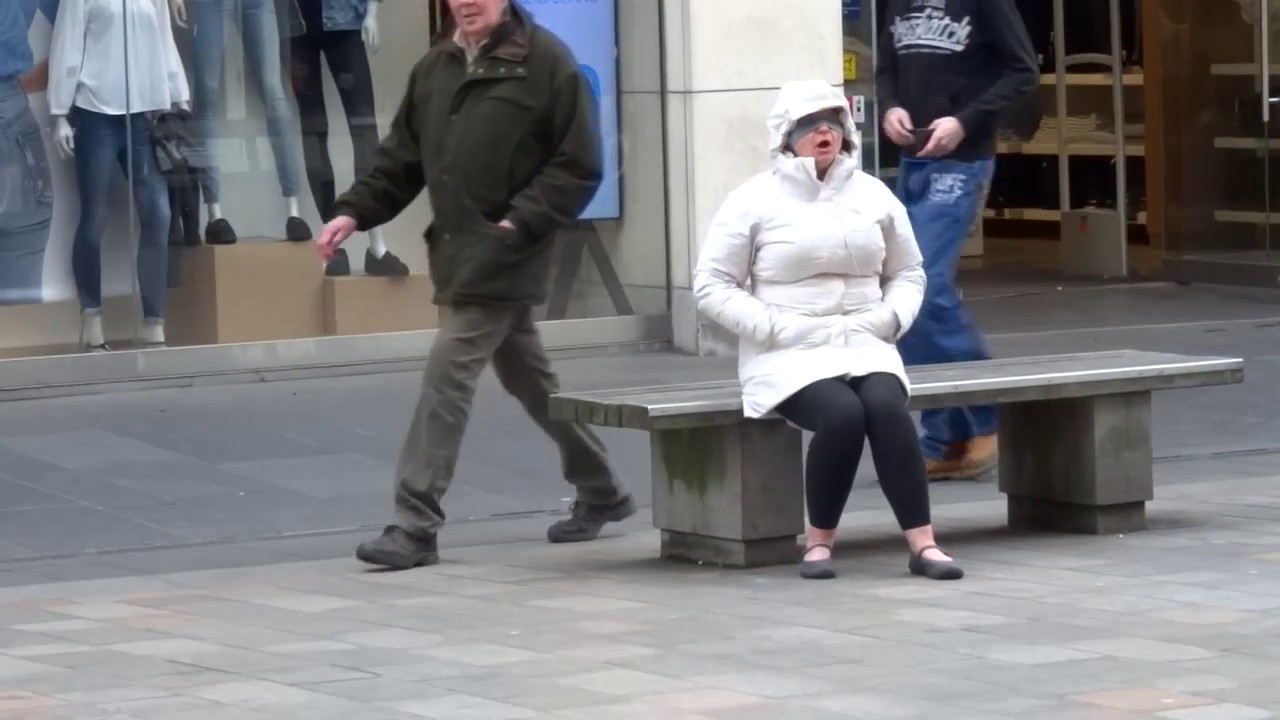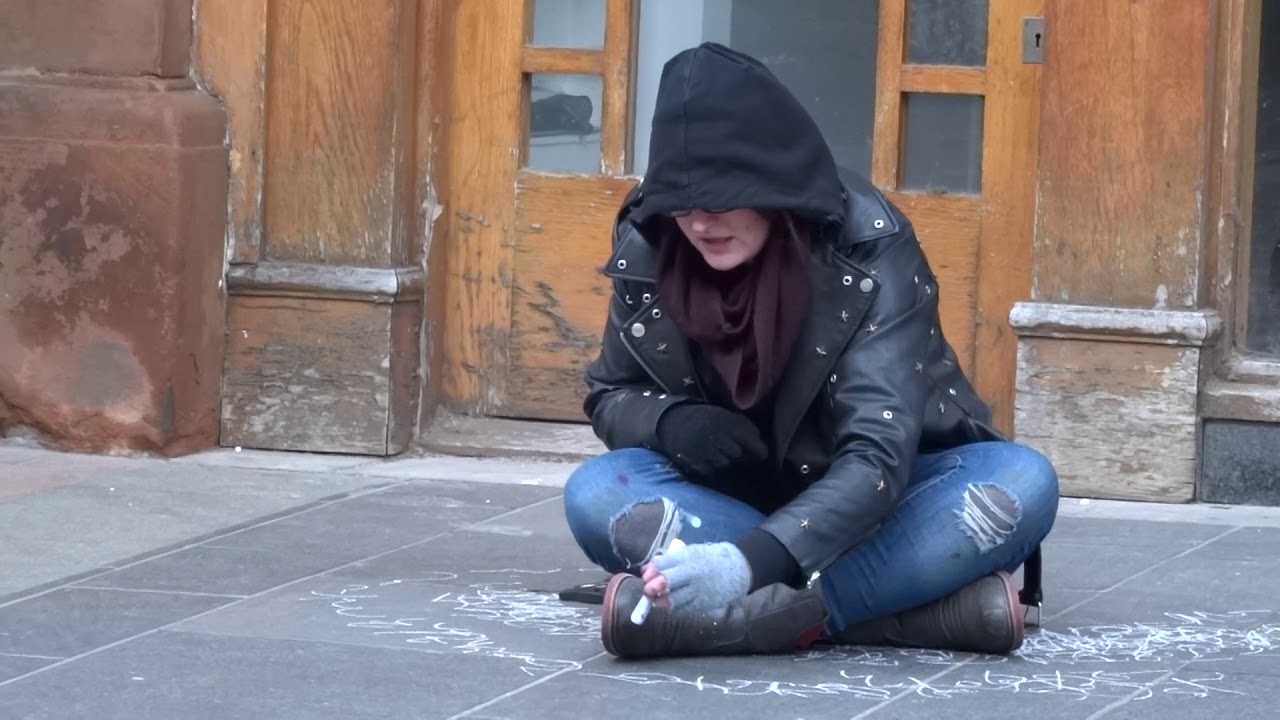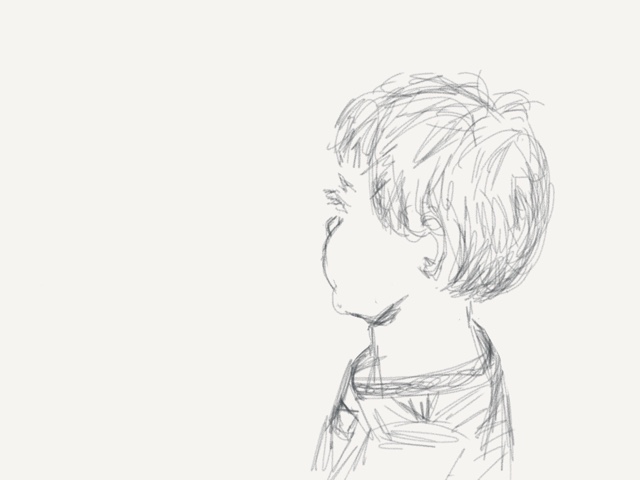No organization is a monolith. All institutions are made up of individuals, and sustained by collective memories. Memories that are selective, curated, and reinforced with a dominant experience. But there are as many experiences as there are people. My goal is to inspire someone, even if it’s just one person, to take a step back and look critically at what's going on. And most importantly, feel like they can do something. That they should do something. Though it does take time to unlearn what the environment has taught and enforced, it can happen. It just takes one. Then another, and another, and another, and another... and eventually there is a whole group.
Learning how to see, to observe what is right in front of us. Reframing and reforming collective memories. Hopefully to reflect the multitude of experiences that actually exist. And learn choose new ways to be.
References
Gladwell, M. (2002). The tipping point: How little things can make a big difference. Back Bay Books.
Despret, Vinciane & Meuret, Michel. (2016). "Cosmoecological Sheep and the Arts of Living on a Damaged Planet". Environmental Humanities. 8. 24-36. 10.1215/22011919-3527704.






